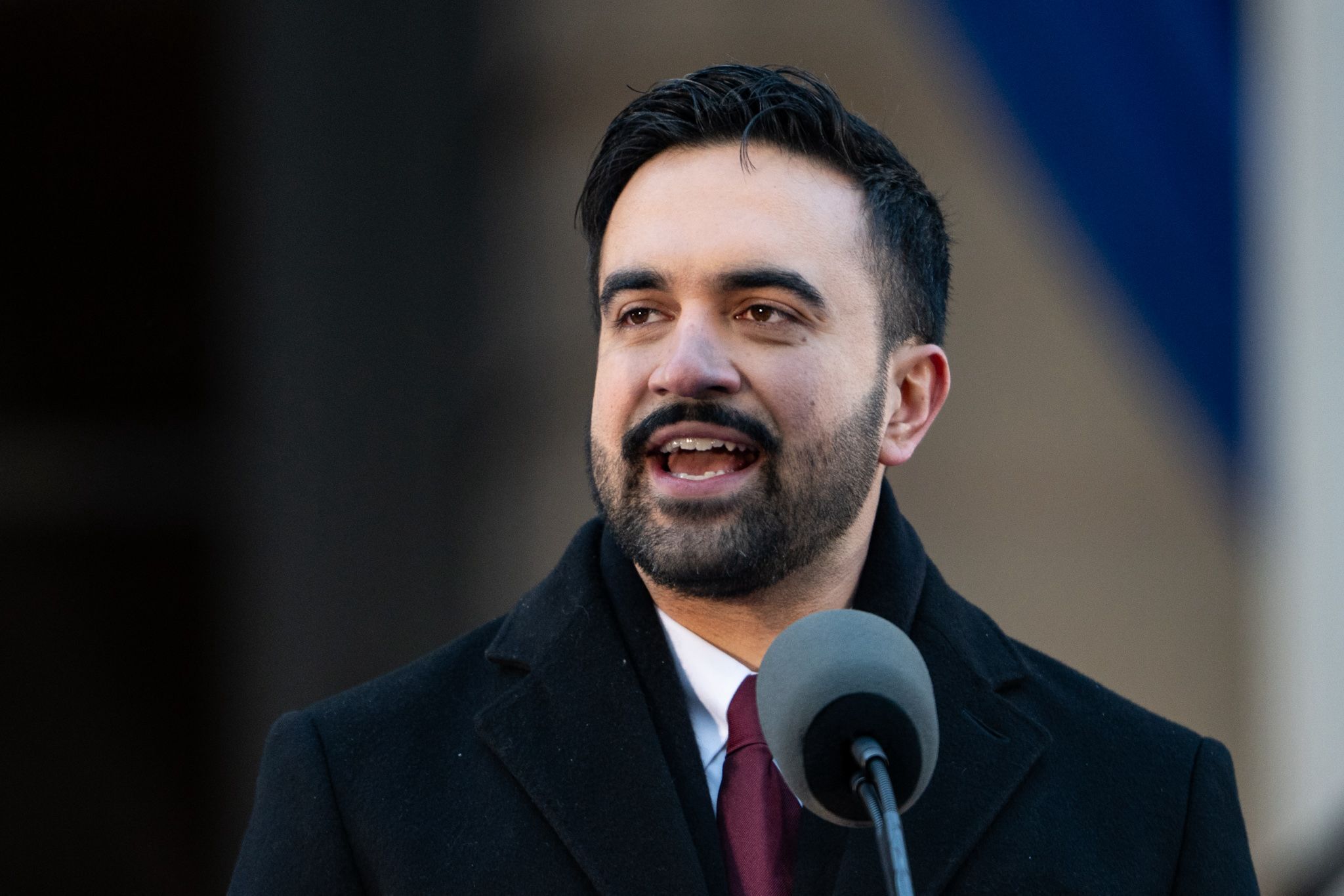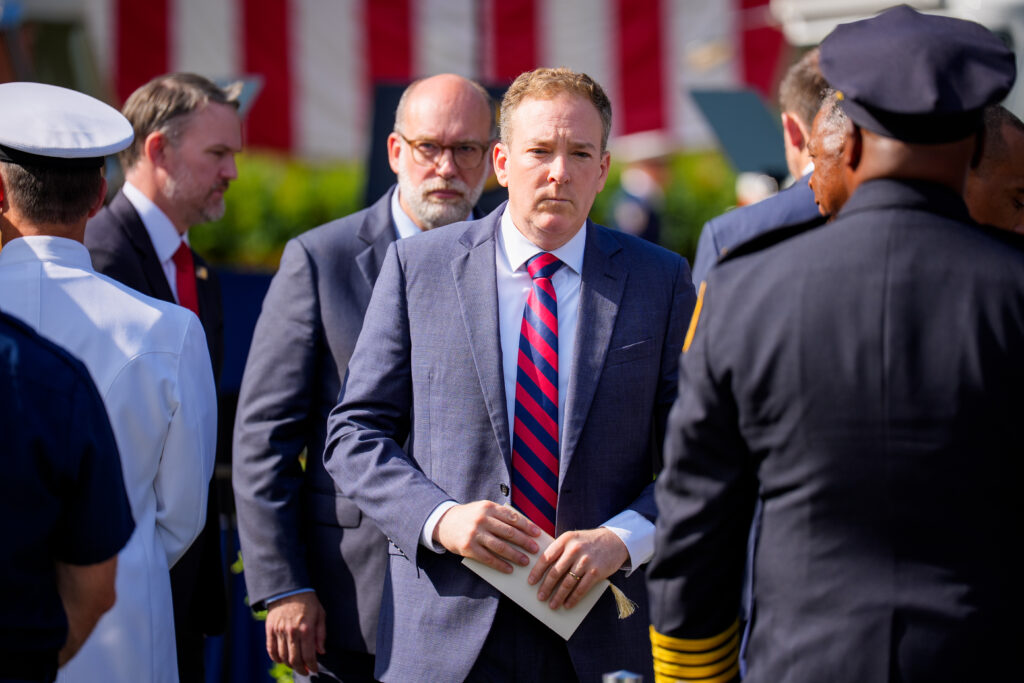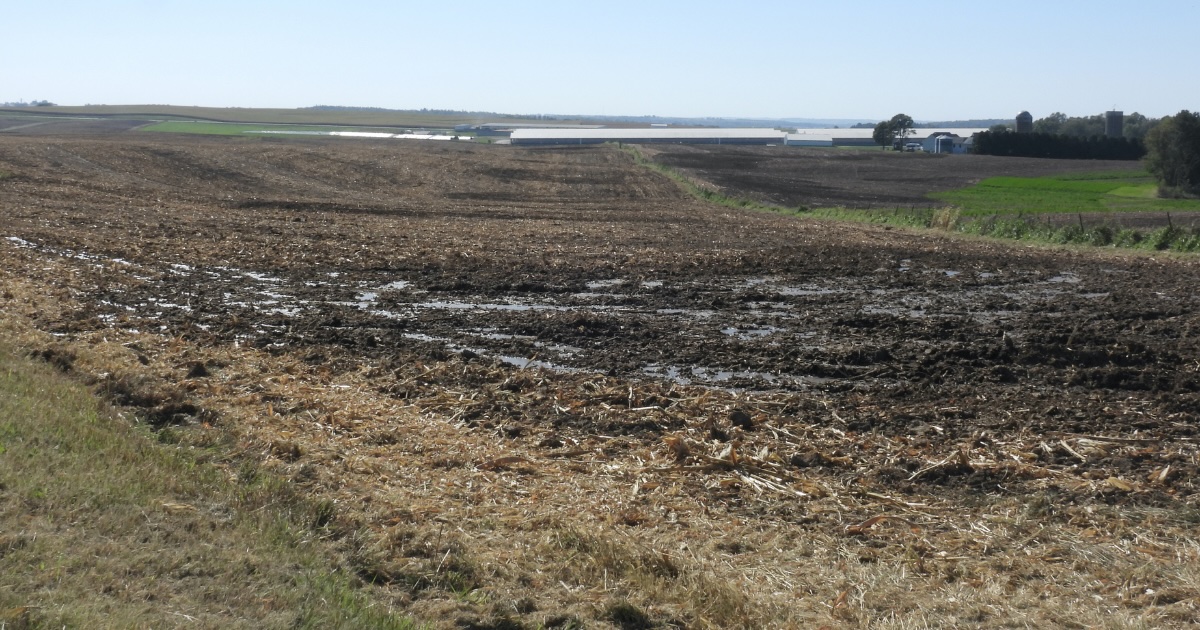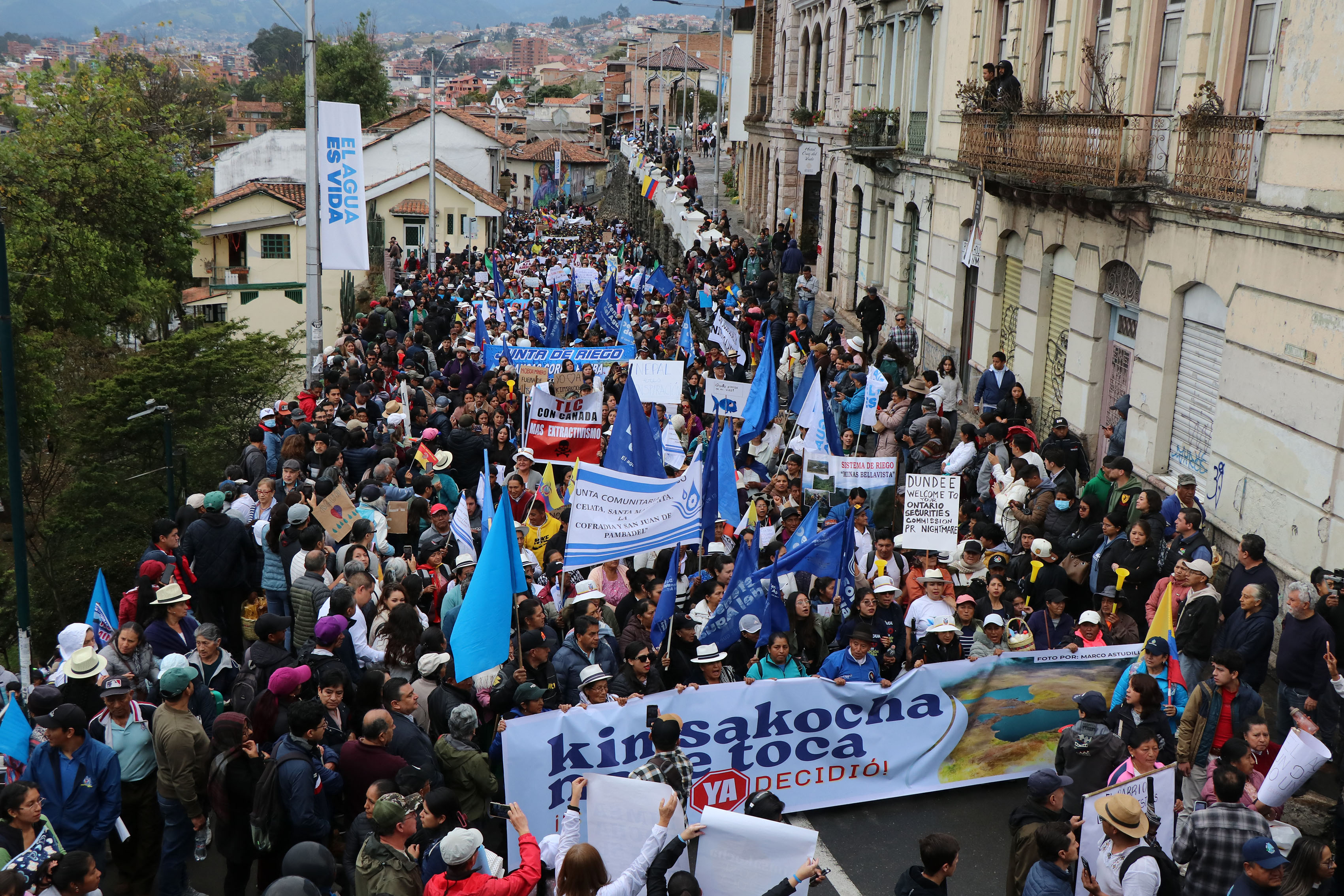From our collaborating partner “Living on Earth,” public radio’s environmental news magazine, an interview by producer Aynsley O’Neill with Dr. Vanessa Kerry, the CEO of Seed Global Health and the World Health Organization special envoy for climate change and health. The interview has been edited for length and clarity.
Last month, COP28 in Dubai became the first climate summit to observe Health Day. One hundred twenty-four countries endorsed the Declaration on Climate and Health, sounding the alarm on the severe public health and wellness implications of the climate crisis.
The World Health Organization (WHO) estimates that by the end of this decade the cost of the climate impact on health will be between $2 billion and $4 billion per year. But that may be an underestimate, because it doesn’t include massive climate burdens on agriculture, water and sanitation, which all shape public health.
The health sector receives just one half of one percent of global climate financing, according to the WHO. In light of that shortfall, COP28 included an announcement of $1 billion toward climate and health, though some of that funding was already committed before the talks began.
Dr. Vanessa Kerry is the WHO special envoy for climate change and health, and helped organize Health Day. She also leads the nonprofit Seed Global Health, which works primarily to strengthen medical systems in Sub-Saharan Africa.
AINSLEY O’NEILL: According to the World Health Organization, between 2030 and 2050, climate change is expected to cause approximately 250,000 additional deaths per year from things such as undernutrition, malaria, cholera, diarrhea and heat stress alone. Can you walk us through the connection between the climate crisis and these particular diseases?
VANESSA KERRY: Absolutely. The climate crisis is a health crisis. The 250,000 deaths a year is probably an underestimate. The data has been changing rapidly. We’re learning every day, we’re playing catch-up on exactly how we’re being impacted from climate change in terms of our survival, our human health and our well being. There are very direct impacts of climate change on human health in terms of extreme weather events, whether it is deaths from drowning, wildfires, air pollution; changes and increases in infectious diseases and non-communicable diseases.
To give a very concrete example, the floods in Pakistan in 2022 led to four times the rates of malaria, after the floods, including in provinces where malaria had been almost completely knocked out. We’re also seeing this in non-communicable diseases. Data just came out just before COP that told us that over 5 million deaths a year are directly attributable to fossil fuel use and the air pollution from fossil fuels. We’re seeing this in pregnancy.
But we’re also seeing indirect impacts on human health from climate change. For example, we’re seeing changes in dry seasons and drought, like in the Horn of Africa, and food insecurity; we’re seeing changes in access to water. We’re seeing this in terms of people’s livelihoods and their abilities to go to work because of extreme heat.
We’re also seeing it in terms of gender-based violence. We’ve heard reports of young girls who have to walk farther and farther now for water in Kenya, who then are at increased risk of gender-based violence and sexual assault because of the distance, or traveling. So what we’re dealing with is quite literally in every possible way, climate change is impacting our daily experience, here and now, and our ability to live healthy lives, and to have the opportunities that we want for ourselves and our families.

O’NEILL: There are all these overarching issues that tie together climate and health. But I want to think about some of the immediate impacts that we might be seeing. If we reduce fossil fuels, if we cut fossil fuel emissions, how immediately can we start to see health benefits from that?
KERRY: It is urgent that we absolutely commit to a phase out of fossil fuels. And it is urgent if we’re going to keep to the Paris [Agreement goal of limiting warming to 1.5 degrees Celsius].
There are over 5 million deaths a year that are directly related to fossil fuel use. But what we know is there are scientific studies, for example, in inner cities and in communities and other places that show that when you get rid of gas or fuel-burning buses and pollutants, you can reduce asthma attacks and hospital and emergency room visits. You start to see direct benefits to health in the immediate moment of reducing fossil fuels.
But as long as we are burning fossil fuels, and we are continuing to see an increase in greenhouse gas emissions, we are going to continue to drive the extreme weather that is leading to all the bad health outcomes.
So some of it is absolutely immediate, but some of it will drive a change that might take a little bit longer to see. But the important thing to remember is there is an urgency to reducing fossil fuel use today. We may not see all the direct outcomes for a year or two, until we start to really see the crest in terms of greenhouse gases. But we will be moving in completely the wrong direction and accelerating the number of deaths and accelerating the harm if we do not commit to a phase out of fossil fuels today.
O’NEILL: Your organization, Seed Global Health, works with nurses, midwives and physicians in Malawi, Sierra Leone, Uganda and Zambia. How have you seen the fallout from the climate crisis in the work that you do in that field?
KERRY: Seed Global Health got involved in the climate change discussions because we have felt very directly the impacts of climate change in the communities where we work and it’s made our job harder. We have trained over 34,000 healthcare workers over the last decade who are in service to catchment areas of about 73 million people.
Extreme storms in Malawi are more severe, happening more frequently, lasting longer and are making it harder for the healthcare workers to be trained to do their job. There’s more malaria at the height of the malaria season. There’s more malaria when it’s not malaria season. We’re seeing bridges washed out. A colleague of ours, Chauncey Banda, who’s a midwife in the Sonjay district in Malawi, ended up having to advocate for the government to set up new birthing centers that Seed helped stand up, because the bridges washed out to the existing birthing centers. And it turns out that when you’re in a climate crisis, or when you have storms, women go into preterm birth more frequently. There’s a very real impact if you can’t have continuity of services. Together, we opened these facilities so that C-sections could be provided, and so that women could have that continuity of care. And not a woman or child died in the wake of some of these storms after they lost their original facility.
But that makes our job harder, when we could be delivering primary care services or ensuring services elsewhere. We’re seeing more and worse health outcomes because of climate change.
It’s the same in Uganda, it is the same in Sierra Leone, it is the same in Zambia, it’s across the continent, and it’s across the world. It’s here in the United States. We’re going to need more workforce to meet the challenges from climate change, we’re going to need health systems that can be resilient to the climate changes to keep delivering services. And we need to adapt to these changes here and now or we’re going to lose more lives.
This story is funded by readers like you.
Our nonprofit newsroom provides award-winning climate coverage free of charge and advertising. We rely on donations from readers like you to keep going. Please donate now to support our work.
Donate Now
O’NEILL: What inspired you to get into this world of strengthening global health care?
KERRY: I grew up in a house with both my parents very, very committed to being global citizens, and to being advocates for those who maybe couldn’t advocate for themselves. I was always interested in going into medicine, and I very much brought some of those experiences forward with me into my medical career.
When I was 14, I had the opportunity to travel to Vietnam back before we normalized relations with the country and saw a level of poverty that was just shocking at the scope, the scale and the degree of poverty. And I didn’t know what to do with it at age 14.
But I held on to it, and when I went to medical school it became very clear to me that my medical career needed to integrate some of that experience that I had had in Vietnam. It put me on a path to realize that it is unacceptable that there are two such different standards of medical care in the world.
We have the technology, we have the wherewithal, we have the resources—we’re just not making the choice to provide the services to people. And that is just fundamentally unacceptable. My colleagues and I are all committed to that same mission, to really close that gap with every capability that we can to make sure that there’s a strong and robust healthcare workforce to deliver services. To make sure that we’re diagnosing patients appropriately, managing them appropriately and that the medicines are available to treat them.
For us, climate change is just exacerbating that gap, which is what has brought me to this place of getting engaged in the climate. The work that we spent a decade doing is all at risk if we don’t step up to this moment with a new and accelerated commitment and to bring others on board to meet this moment.
















